Method development, bioanalytical method validation, and bioanalysis of specimens by HPLC-MS/MS for administered compounds, metabolites and biomarkers (including steroid hormones and cytokines)
Testing to meet your court-ordered drug monitoring needs; collect a valid specimen from every donor with our patented amasse DBS , with the added benefits of longer detection windows than urine, remote monitoring of collections available, and informed impairment assessments (DUID)
Testing to meet your workplace compliance needs; our patented DBS yields a valid specimen every time, with longer detection windows than urine, remote monitoring of collections available, and informs impairment assessments
In vitro ADME (absorption, distribution, metabolism and excretion), metabolic activity assays (including CYP17), and enzyme incubation studies utilizing HPLC-MS/MS for simultaneous monitoring of substrates, products and metabolites
Specialty personalized testing covering: therapeutic drug monitoring, steroid hormone monitoring and toxicology, delivered through sustainable partnership with clinics/providers/payors
Determination of identity, purity and quantity of a chemical in solution from a single micro-volume sample by HPLC-DAD/ELSD/CLND/MS without an analytical standard of the chemical
has been used as a micro-sampling technique for QUALITATIVE capillary blood testing since the 1960’s (e.g., neonatal screening).
Now, with the advent of the new OpAns’ patented amasse™ collection device, DBS can be used to streamline QUANTITATIVE bio-fluids testing (e.g., capillary blood) using state-of-the-art analytical techniques like mass spectrometry with chromatographic separations.
Avantages include reduction in pain and anxiety associated with venipuncture; reduction in processing, handling and shipping requirements resulting in reduction in costs.
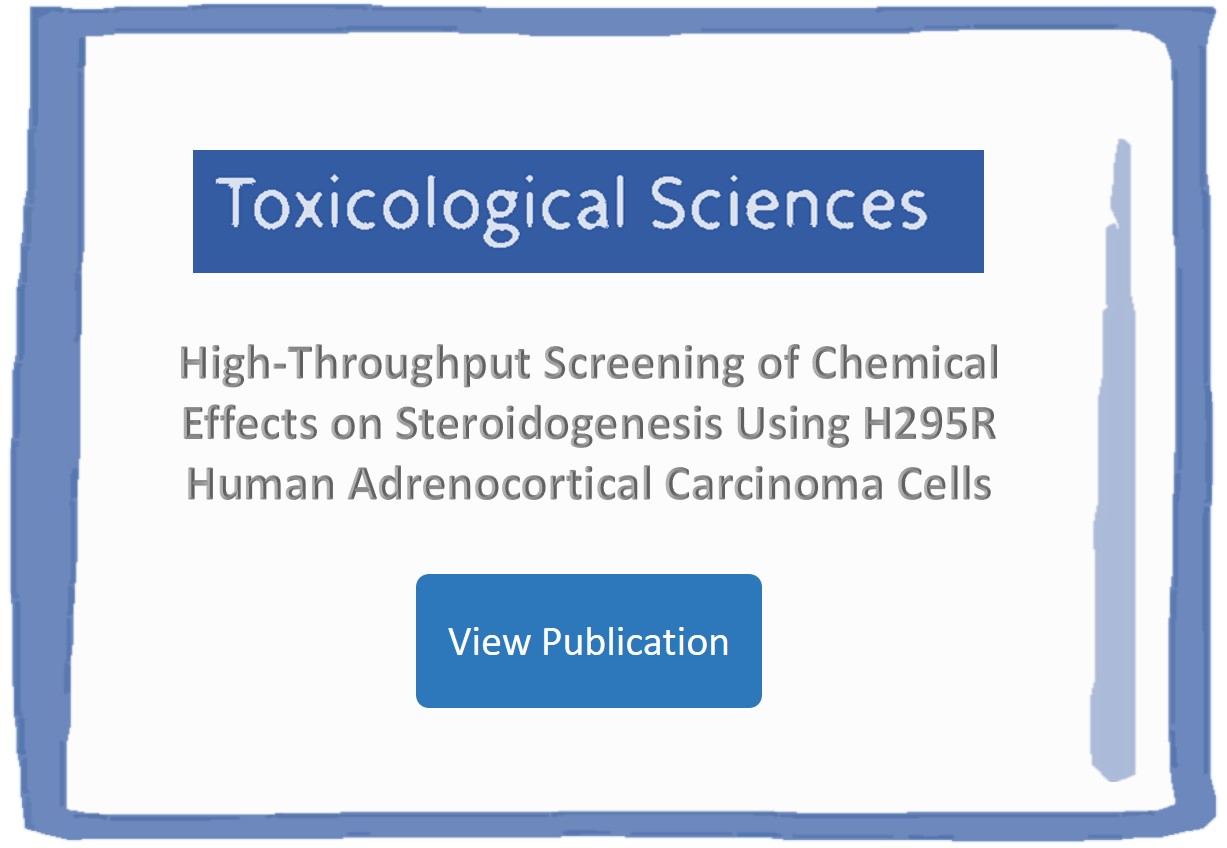
Steroid hormones were quantified using high-performance liquid chromatography followed by tandem mass spectrometry (HPLC-MS/MS). Detection limits varied depending upon analyte. Media samples were extracted using methyl tert-butyl ether (MTBE); derivatization with dansyl chloride was required for estrone and estradiol.
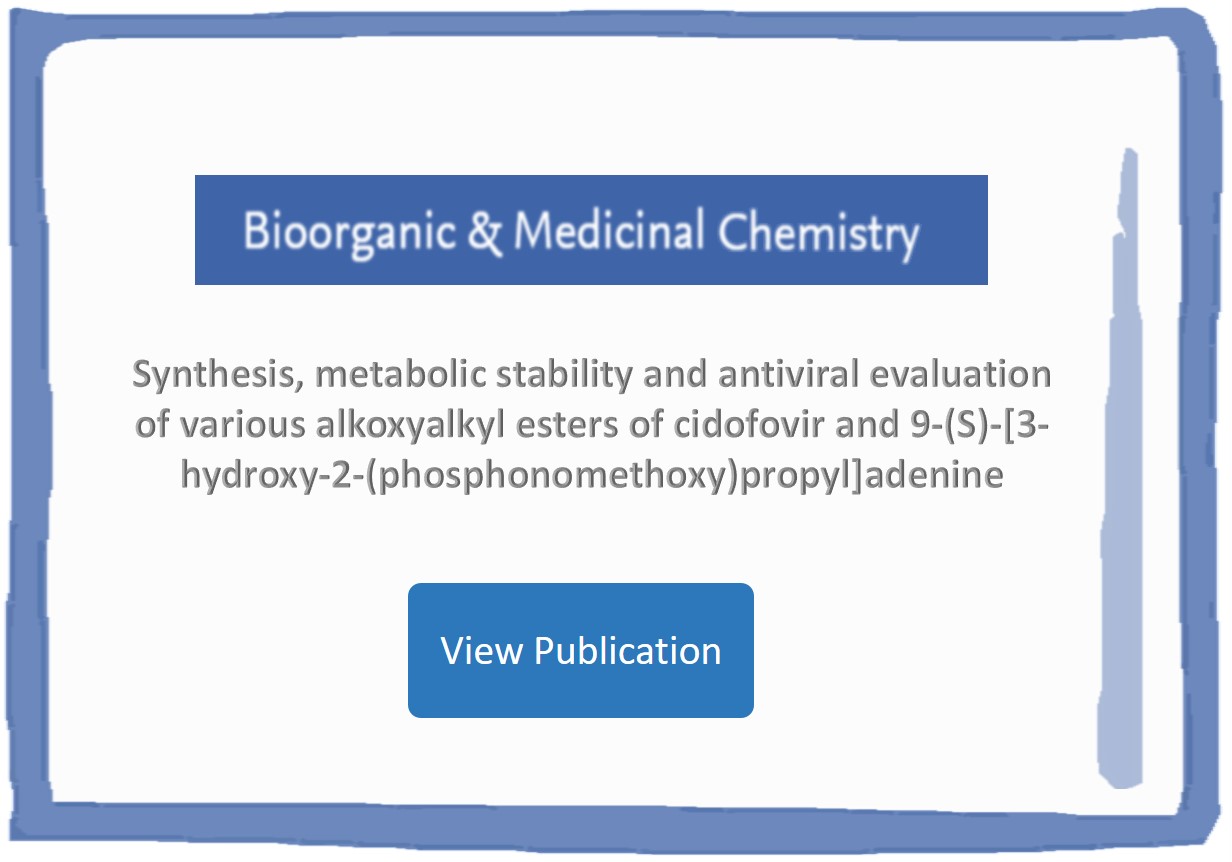
Test articles were incubated in Liver S9 fractions at 37 °C. Samples were pulled from the incubation mixture at specified time points (0 to 90 minutes) and added to a solution of 1% ammonium hydroxide in N-propyl alcohol. The amount of test article in each sample was quantified by HPLC-MS/MS.
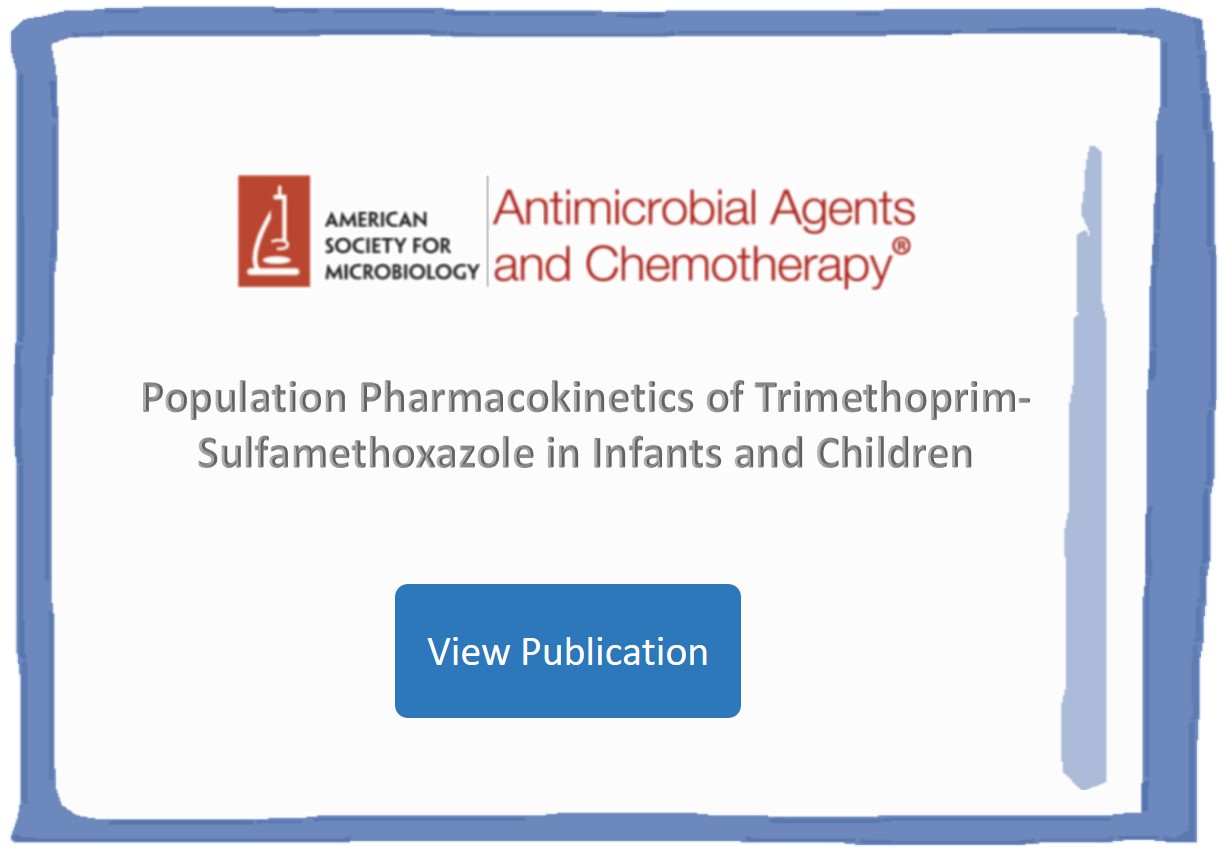
Trimethoprim (TMP) and sulfamethoxazole (SMX) concentrations were quantified using validated liquid chromatography-tandem mass spectrometry (HPLC-MS/MS) assays. The TMP validation range for the assay was 25 to 50,000 ng/mL. The SMX validation range for the assay was 250 to 500,000 ng/mL.
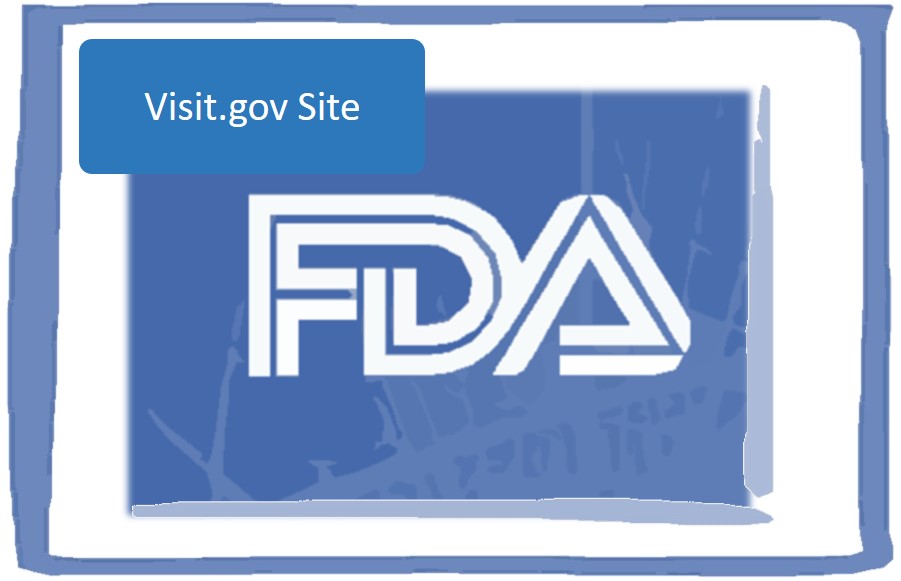
Federal Drug Administration's Good Laboratory Practices (GLPs) govern conduct of nonclinical laboratory safety studies that support/are intended to support applications for research or marketing permits for drug products, part 11 of Title 21 CFR - Electronic Records and Electronic Signatures, and Bioanalytical Method Validation Guidance for Industry

Environmental Protection Agency's Good Laboratory Practices (GLPs) govern conduct of studies that support applications for research or marketing permits for pesticide products; Quality Management Plan (QMP) sets forth the requirements for an organization's quality management system to govern environmental programs
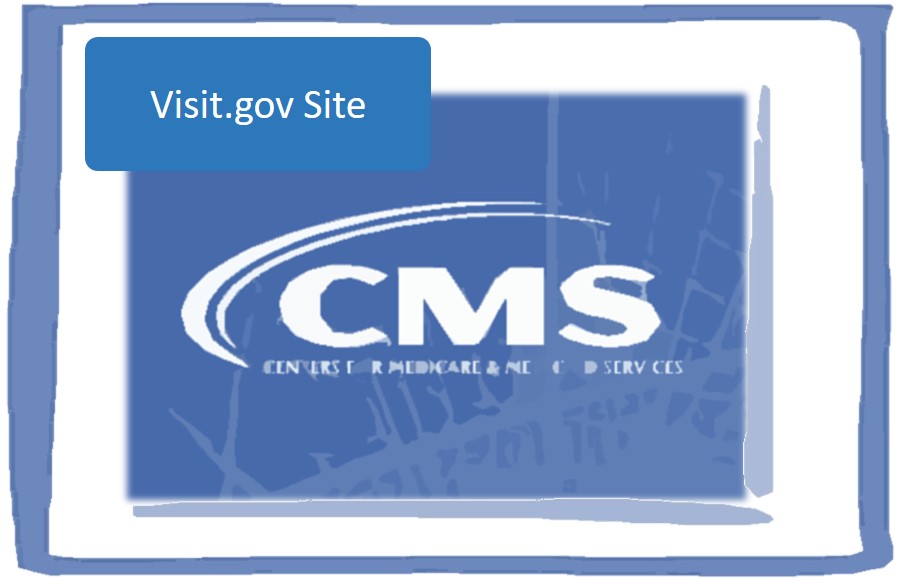
Centers for Medicare & Medicaid Services regulates all laboratory testing (except research) performed on humans through the Clinical Laboratory Improvement Amendments (CLIA)